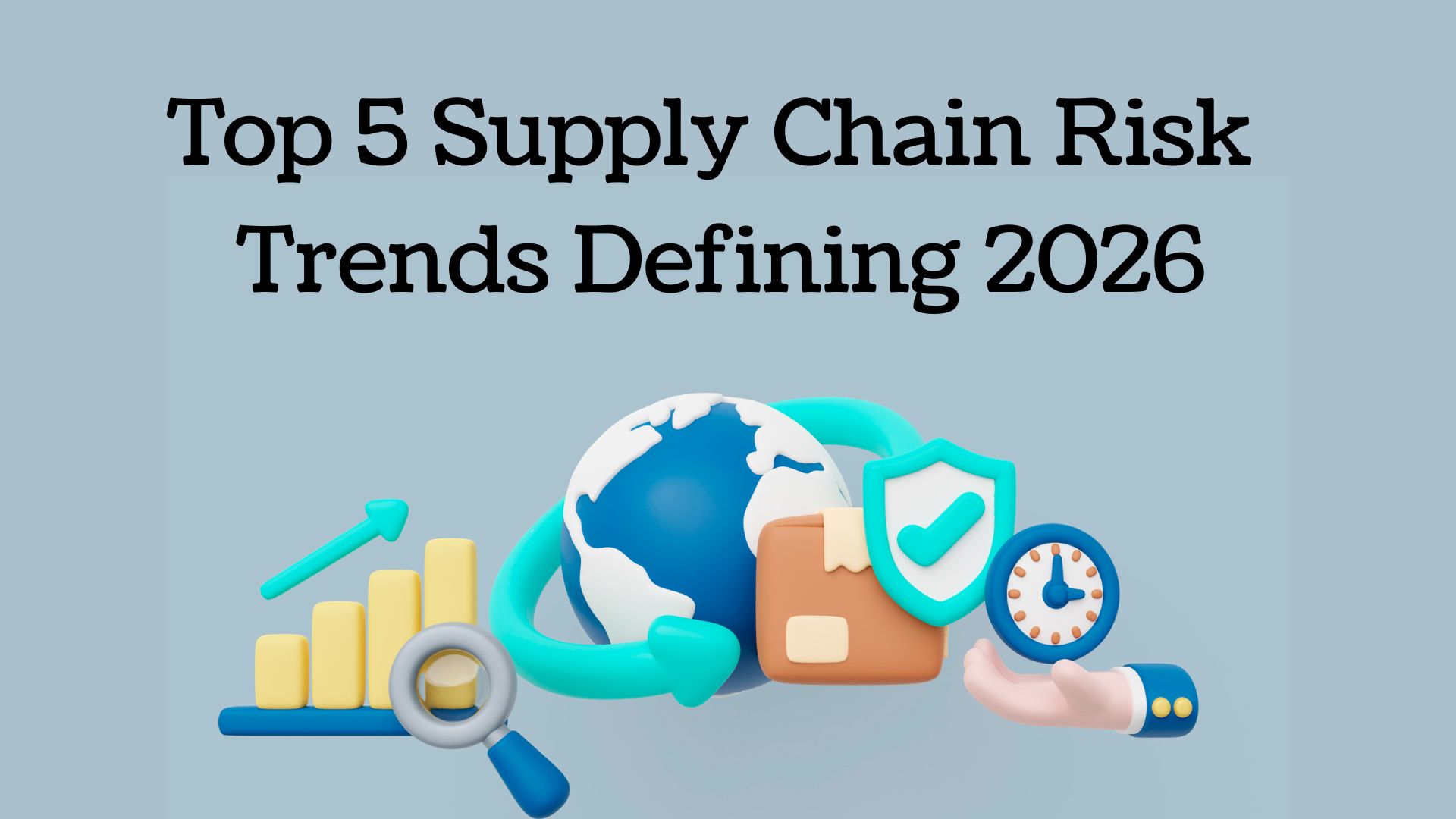Until recently, sustainability was rarely a factor in deciding whether a micro or small business in India could get a loan. That’s changing fast.
What was once seen as a “big business issue” is now deeply embedded in how credit decisions are being made for India’s 6.3 crore+ MSMEs. Environmental, Social and Governance (ESG) risks ranging from water usage and pollution control to labour practices and formal governance are increasingly part of the risk lens used by banks, NBFCs, and regulators. And for many MSMEs, this shift is no longer theoretical. It’s shaping whether finance is available, what terms are offered, and even who gets access to government incentives.
From Policy to Practice
The Reserve Bank of India made its intent clear in early 2024. In a draft guidance note, the central bank outlined the need for financial institutions to integrate climate-related and ESG-linked risks into their credit evaluation frameworks. Soon after, SIDBI India’s lead development bank for MSMEs expanded its own ESG screening norms under its green finance programs, now extending to even smaller ticket loans.
Leading lenders are already putting this into action. HDFC Bank now conducts structured ESG due diligence for large loans, and SIDBI has implemented a proprietary ESG rating system for MSMEs applying for credit. These assessments aren’t just formalities. A business with unresolved pollution issues, informal labour practices or poor transparency may now find its loan delayed, capped or outright declined.
A 2025 joint study by Dun & Bradstreet and SIDBI offers a telling data point: 89% of MSMEs now believe that sustainability practices help improve profitability up from just 43% in 2023. It’s a sign that entrepreneurs are beginning to connect compliance not just with survival, but with opportunity.
Why This Matters?
MSMEs are facing a new credit landscape one where sustainability isn’t optional. Banks are starting to price credit differently based on ESG posture. Firms investing in solar panels, energy-efficient machinery or safer working environments are increasingly able to access green finance at better rates. Some NBFCs are also launching ESG-linked loan products with more flexible repayment terms.
The government is backing this push too. The Ministry of Power has launched an energy-efficiency financing scheme offering up to 5% interest subvention but only to MSMEs that can demonstrate measurable energy savings. This is where ESG shifts from soft ideal to financial lever.
On the other hand, the risks of non-compliance are mounting. MSMEs that fail to meet basic ESG norms now face more than just reputational damage. They risk being dropped from supply chains, rejected for insurance coverage, or disqualified from new incentive schemes. A factory lacking pollution control or proper safety procedures isn’t just seen as environmentally careless it’s now viewed as a credit risk.
Learning, Adapting, Surviving
For small businesses, this transition isn’t always easy. ESG compliance demands new documentation, reporting, sometimes even infrastructure upgrades. But the smarter MSMEs are adapting because they see where the market is headed.
In Tamil Nadu’s leather clusters, Gujarat’s auto parts units, and across industrial parks in Telangana and Maharashtra, MSMEs are now working with ESG consultants and fintech platforms to build traceability into their operations. Some are calculating their carbon footprint using government-backed tools; others are restructuring worker policies to meet modern social standards. SIDBI is also handholding over 100 MSME clusters to deploy cleaner technologies under its green programs.
Banks, too, are adjusting. Some are lobbying the RBI to lower capital requirements on sustainability-linked loans, while others are aligning ESG scoring with internal risk pricing. As a result, we’re entering a credit environment where ESG diligence and documentation become as important as collateral and cash flow statements.
Risk or Opportunity?
What’s emerging isn’t just another policy mandate. For MSMEs, ESG is becoming a defining factor in creditworthiness and soon, competitiveness.
The ones that embed sustainability into their operations are seeing better loan terms, smoother vendor onboarding, and stronger access to export markets. The ones that ignore it risk falling behind not just in compliance, but in credit access, reputation, and resilience.
As the regulatory and financial systems tighten their expectations, it’s clear: ESG isn’t just about climate or governance anymore. For Indian MSMEs, it’s now about capital. And capital is the lifeblood of survival and growth.











